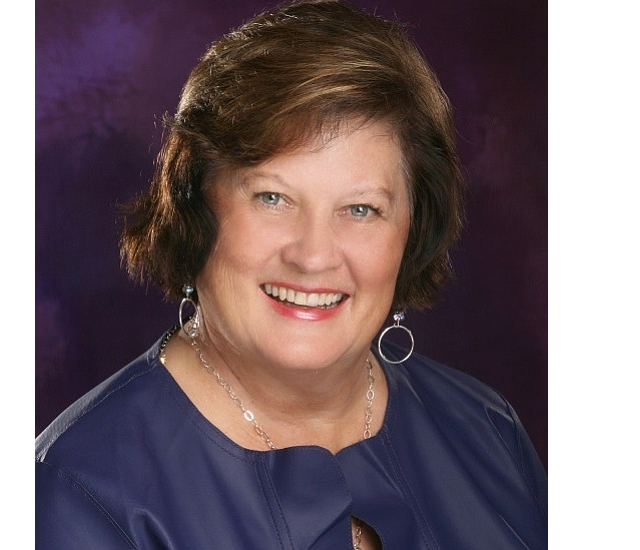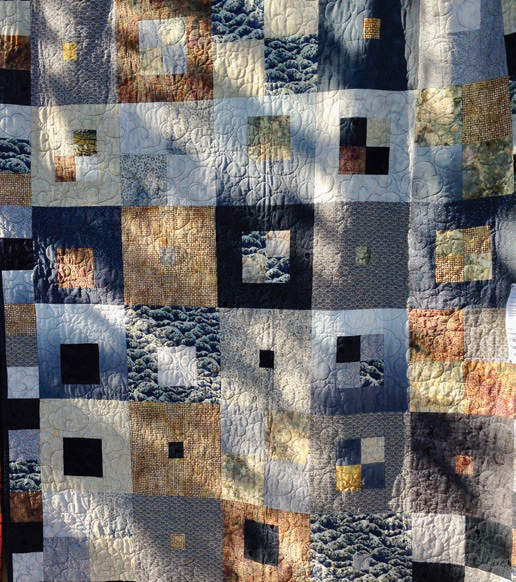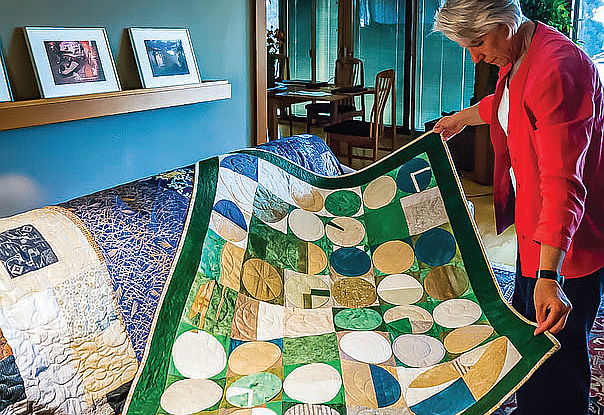Composing Your Life
AGING WITH WISDOM
March 25, 2023 at 8:37 a.m.
...by Carol Scott-Kassner
 Carol Scott-Kassner
Carol Scott-Kassner
Her 1991 book was a study of five women, mostly in their 40s or early 50s, examining the lives they had created to that point and what factors had influenced their decisions about which directions to go.
In 2010, Bateson published a sequel called, Composing a Further Life: The Age of Active Wisdom. She includes stories of both men and women from their mid-50s to their mid-70s, a period she calls “Adulthood II.” This is what she says about this time of life: “We live longer, but we think shorter.”
As people find themselves entering Adulthood II, they may find that the choices they make – that affirm and complete the meaning of the lives they have lived – play a key role in their experience of adapting to change and contributing to their perspectives. In our day, wisdom is no longer associated with withdrawal and passivity, but with engagement with others and the contribution that Bateson calls “active wisdom.”
Most of us gain a kind of freedom when we retire, a freedom that comes with spaciousness and a chance to reinvent ourselves. Some enter this stage with fear – it feels like too much emptiness. One researcher discovered a retired professor who spent two years playing computer games before she was ready to step into something new. This transition is often challenging because our identity is tied up in the work we’ve done our whole adult lives and/or the roles we’ve played, such as parents or caregivers.
People who volunteer, such as those reading this publication, have probably already successfully completed that transition. Congratulations! Committing to helping others in the community is rewarding at many levels, and it’s extremely important for us psychologically and for the communities we serve. This is certainly wisdom in action, as Bateson might say. At the same time, this spaciousness may allow for other parts of ourselves to emerge, parts we’ve always dreamed of developing but never had time to attend to.
My doctoral mentor became a silversmith, designing and creating beautiful jewelry. Another friend became a sculptor, working in metal and creating sculptures that are so tall, they had to be placed outdoors. Another friend exercised his interest in woodworking and has developed pieces that are so beautiful, they are sold in galleries in Seattle.
One of my closest friends designed and constructed many things with paper and fabric and metal. The quilts you see on this page are her works. Her husband became a wonderful photographer. The possibilities are endless, and they don’t have to result in physical works. Many people use this time of their lives to deepen spiritually and to reflect on all that they’ve learned from living so far. Those reflections can be turned into the richness of decisions to forgive others who have hurt them or to forgive themselves for mistakes they’ve made, including ways they’ve hurt others. Releasing old wounds helps us to live even healthier later lives.

For example, I’ve been working to heal and deepen my relationship with my siblings. One way we are doing that is to meet and share stories from our childhoods, most of which involve special memories. We are currently collaborating on writing up some of these stories to leave as legacy gifts for our children and grandchildren.
May this time of your life be filled with riches yet unexplored. May you live it to the fullest as long as you are able to do so. May you approach your life with openness and curiosity, zest, and commitment to ongoing learning, reflection, and service. May what you compose bring you satisfaction and joy. Blessings on the journey.
Carol Scott-Kassner is a Certified Spiritual Director and member of Sage-ing International, an organization dedicated to awakening spiritually as we get older. You can find it at.sage-ing.org.
------------





